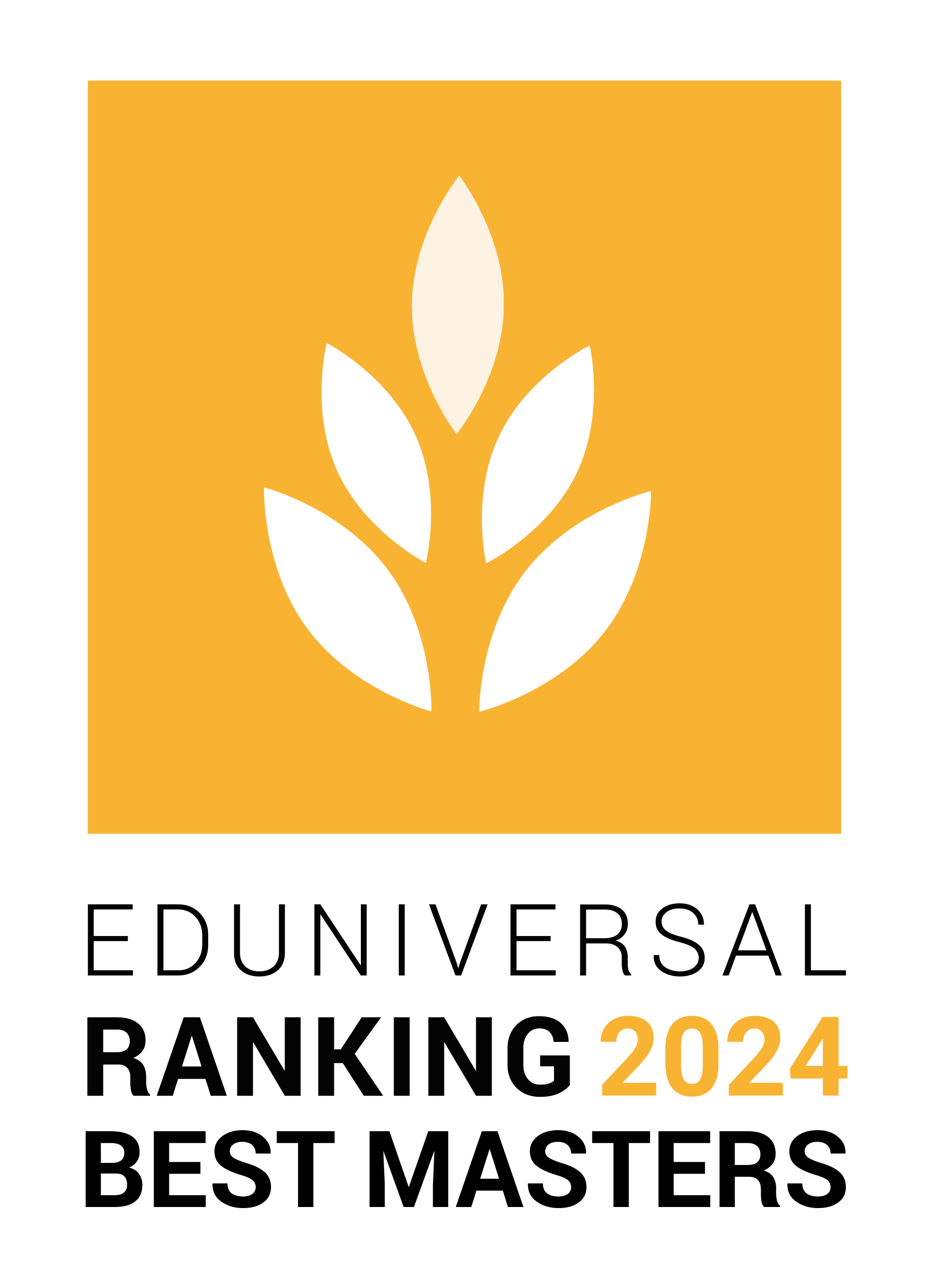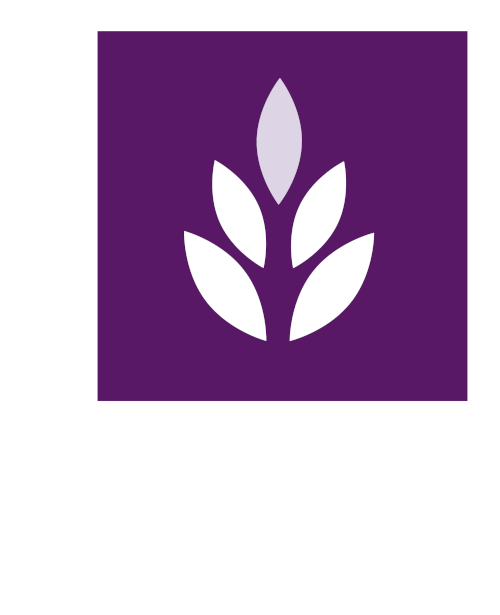- Home
- About
- Business Schools Ranking
- Selected schools
- study abroad
- Awards
- Contact

Study in Croatia
Croatia Statistics
Geography-Population
- Capital: Zagreb
- Area: 56,542 km ²
- Climate: Mediterranean and continental; continental climate predominant with hot summers an dcold winters; mild winters and dry summers along the coast
- Population: 4,489,409 (est. July 2009)
- Languages: Coatian (96.1%), Serbian (1%), Other (2.9%)
Government-Economy
Government-Economy
Government Type: Presidential/Parliamentary democracyNational Holiday: October 8 GDP: $73.36 billion (est. 2008)
GDP – per capita (PPP): $ 16,1000 (est. 2008)
Information for Foreign Students in Croatia
Obtaining a Visa
For citizens of the European Union, you do not need a visa. However, a passport and an identity card are required. For everyone else, a visa is needed, which can be obtained from your nearest Croatian consulate.
Accommodation
The room and breakfast accommodation is probably the most economic and the most pleasant for a stay in Croatia. The International Youth Hostel Card (FUAJ), valid in over 80 countries, opens the doors of more than 4 000 hostels of the Hostelling International network around the world. Opening times vary by country and AJ. One night costs 1,40 euros. Comfort varies depending on the place. Most often, these hostels offer different formulas, single rooms with bathrooms to dormitories with facilities in the corridor. For more information visit the Croatian Youth Hostels Association: tel.: (000-385) 1 48 29 294; web link: www.hihostels-croatia.com.
Cost of Living
The cost of living in Croatia is quite cheap compared to other countries in the European Union.
Money
Debit cards are accepted in most shops, service stations, restaurants and hotels of a certain standing; 5% taxes are often levied on payments made with a credit card. In case of failure of all the distributors of a sector, Splitska Banka can deliver cash at the counter on presentation of a visa card and an identity card. Traveler's checks are accepted in all banks, but the rate is much less favorable for cash.
Telephone
If you want to call, you can choose between telephone booths (blue), post offices and some cafes. For telephone booths, get yourself a telephone card (telefonska kartica). They can be bought at the post office or in kiosks and cost from 15 Kn (2.10 euros) to 100 Kn (14.10 euros).
Health
Health wise Croatia is very safe. If something goes wrong, call the local EMS (94) or go to the emergency hospital in town or at the village center. Get ready for a long wait, however. You must also advance the fees.
Transportation
Despite being frequent, comfortable and inexpensive, the train has the disadvantage of being the slowest means of transport. There are regular routes between major cities, and direct trains to Slovenia, Hungary, Italy, Austria, Slovakia, Germany, Bosnia-Herzegovina and Yugoslavia. As for the bus, it is fast, frequent, comfortable and punctual. The bus network is very developed in Croatia. For more information, please consult the websites of major bus companies: www.akz.hr, www.autotrans.hr, www.contus.hr.
Official Selection of the Best Business Schools in Croatia
|
4 Palmes Of Excellence TOP Business School |
Rank Position in
Palmes’ League |
Deans’ Recommendation
rate 2024 |
|---|---|---|
| 1 | 358 ‰ |
|
3 Palmes Of Excellence EXCELLENT Business School |
Rank Position in
Palmes’ League |
Deans’ Recommendation
rate 2024 |
|---|---|---|
| 1 | 400 ‰ |
|
2 Palmes Of Excellence GOOD Business School |
Rank Position in
Palmes’ League |
Deans’ Recommendation
rate 2024 |
|---|---|---|
| 1 | 74 ‰ | |
|
Josip Juraj Strossmayer University Of Osijek Faculty Of Economics |
2 | 42 ‰ |

Official Selection of the Best Business Schools in Croatia
Learn the ranking results of the best masters in Croatia here:
